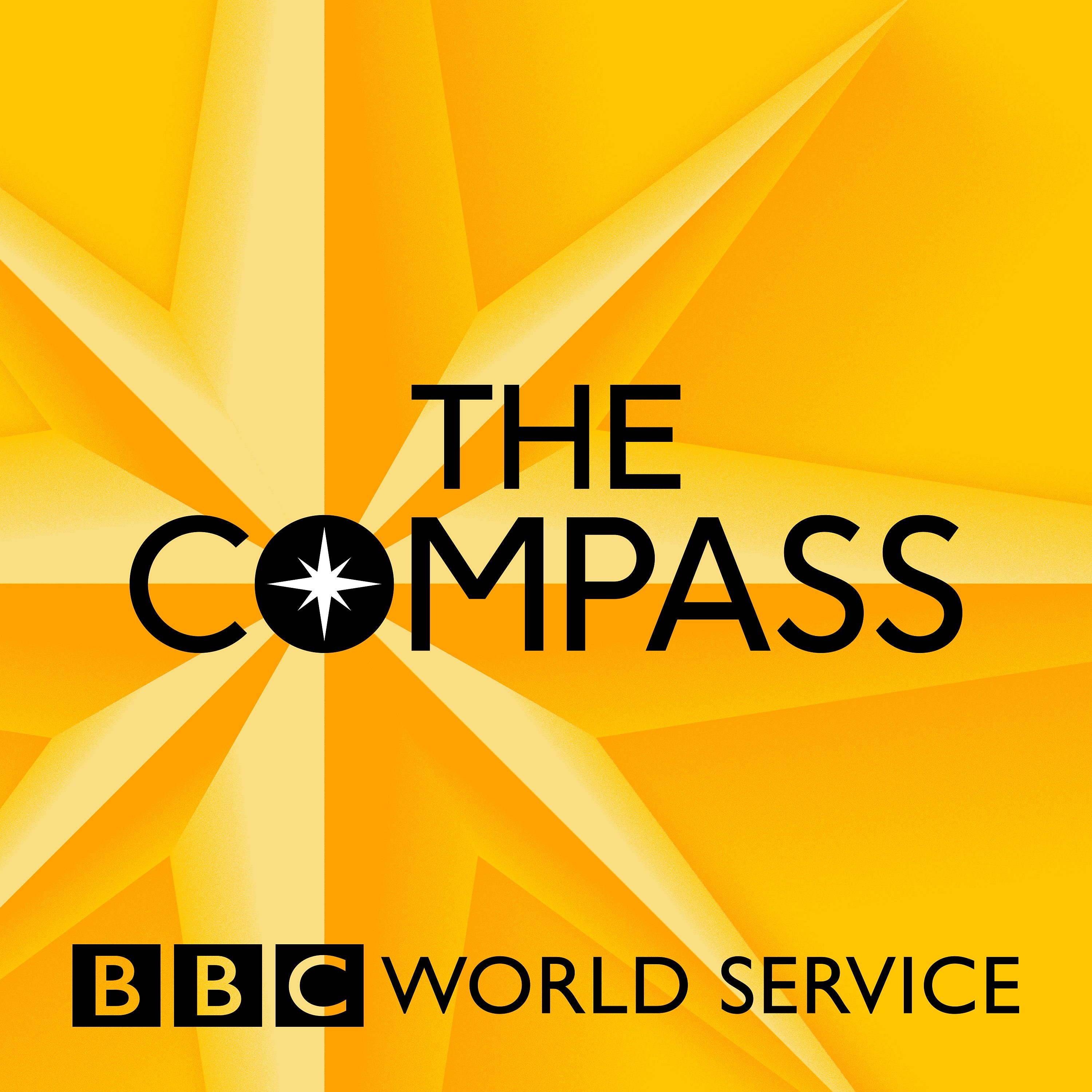Reasons: The pandemic that changed the world
Description
Why did coronavirus strike so fast and so hard? There was plenty of warning that a pandemic was inevitable, but when a new virus emerged in a wet market in the Chinese city of Wuhan, the world proved powerless to prevent it spreading. The finger has been pointed in various directions: a failure by the Chinese authorities to communicate, a sluggish response from the World Health Organisation, an ignorance of history, and what Ian Goldin, professor of globalisation and development at Oxford University, has termed the ‘Butterfly Defect’ of globalisation. In this episode, Professor Goldin explores what he sees as the complacency of governments and a declining commitment to multilateralism as reasons for the new pandemic and its unprecedented economic consequences. He hears from, among others, IMF managing director Kristalina Georgieva; the man who identified the Ebola virus, Peter Piot; and the historian Margaret MacMillan.
Producer: Tim Mansel
More Episodes
Misha Glenny's final programme on Russia - what it is and where it came from - looks at the country's attitude to war. What has been the long lasting effect of the great patriotic wars against Adolf Hitler and Napoleon Bonaparte? Plus the Poles, the Mongols, and the British in Crimea.
With...
Published 03/08/23
Published 03/08/23
It was Peter the Great who created a new capital on the Baltic, and Catherine the Great who extended Russian influence south and west. Sweden, Poland, and the Ottomans all felt the Russian expansion in a century of geopolitical drama. This, says presenter Misha Glenny, is all part of the build up...
Published 03/01/23


